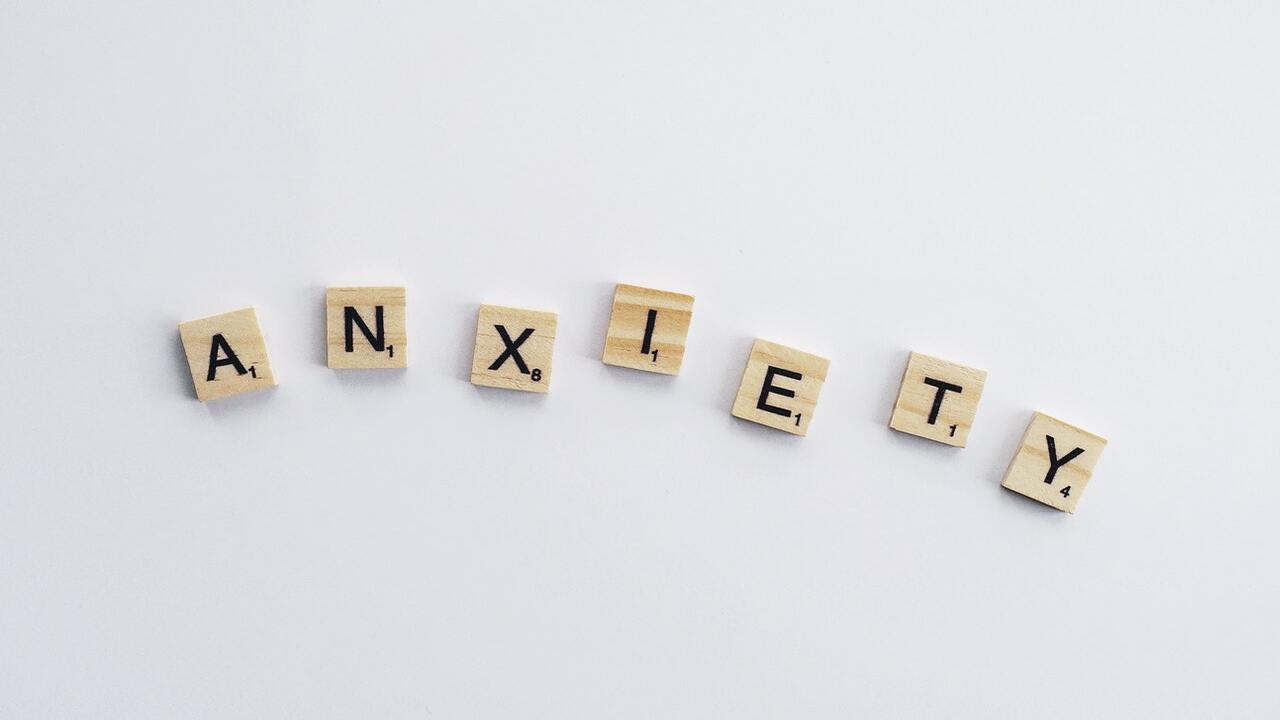Stress
What is stress?
Stress is the body’s reaction to mental or emotional pressure. It is often triggered when we experience something new, unexpected or that threatens our sense of self, or when feel we have little control over a situation. Stress is very common and can be motivating to help us achieve things in our daily lives. It can also feel extremely overwhelming when the pressure builds up. When this happens, everything can get caught up in our negative forecasting and our ‘stress bucket’ fills up. We all deal with stress differently. Our ability to cope with stress can vary depending on our genetics, early life events, personality, and social and economic circumstances. When stress becomes prolonged, it can develop into other problems such as anxiety, irritability, problems sleeping, IBS and headaches/migraines. When we experience stress, it can be as:
• An individual, for example, when you have a lot of responsibilities that you are struggling to manage
• Part of a group, for example, if your family is going through a difficult time
• Part of a community, for example as part of a religious group who are experiencing discrimination
• A member of society, for example, events such as the coronavirus pandemic
What makes us stressed?
Many things in our life can lead to stress. Life events such as bereavement, divorce, a break-up, money problems, and health problems can all cause us to feel stressed. Even positive changes such as moving house, a new job, and going on holiday can be stressful for the individual. The most common major life events that can trigger stress include:
• Job issues/retirement
• Lack of time or money
• Family problems
• Bereavement
• Illness
• Moving home
• Relationships, marriage, and divorce
What are the psychological symptoms of stress?
• Sad
• Angry
• Depressed
• Anxious
• Afraid
• Aggressive
• Irritable
• Avoiding others
• Low self-esteem
What are the physical symptoms of stress?
• Headaches
• Nausea
• Digestive problems, such as constipation or diarrhoea
• Sweating
• Shallow breathing/hyperventilating
• Heart palpitation
• Aches and pains
• Low energy
• Insomnia
• Nervousness
• Dry mouth
What are the long-term effects of stress?
A little stress every now and then is not concerning. However, ongoing stress can cause many serious health problems including:
• Mental health problems, such as depression and anxiety
• Cardiovascular disease, including heart disease, high blood pressure, heart attacks, and strokes
• Obesity and other eating disorders
• Skin and hair problems, such as eczema and acne
• Menstrual problems
• Sexual dysfunction
• Gastrointestinal problems, such as colitis, gastritis
How can we help?
At Hapus Hypnotherapy, we use solution-focused hypnotherapy to promote positive thinking, helping you to decrease stress and improve health and general happiness. We focus on helping you empty your stress bucket and work through solutions to move forward in your daily lives. It helps you change the way you think about things, focusing on the solutions instead of the perceived problem. Hypnotherapy can help you control life’s day to day pressures and make you feel calmer and more in control.
For further help and support surrounding stress, these links may be useful:
https://www.nhs.uk/mental-health/feelings-symptoms-behaviours/feelings-and-symptoms/stress/
https://www.mind.org.uk/information-support/types-of-mental-health-problems/stress/what-is-stress/
















